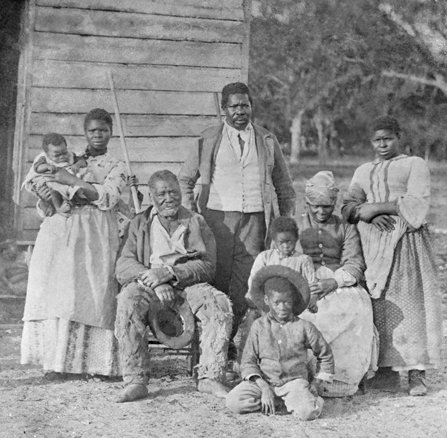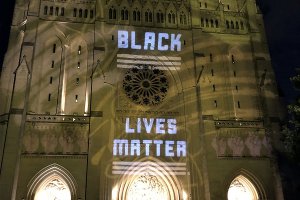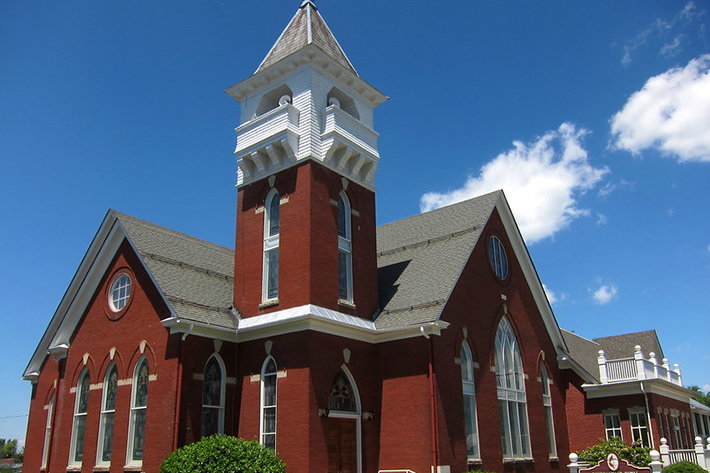Across much of the United States, religious groups are taking a fresh look at offering reparations to African Americans, with many churches considering monetary compensations and social programs designed to benefit descendants from the era of slavery.

The Episcopal Church has so far demonstrated the greatest commitment to redressing historic grievances stemming from slavery, The Associated Press reported December 13. But other denominations, particularly the United Methodist Church and the Evangelical Lutheran Church of America are also urging congregations to consider making amends through reparations.
Several dioceses of the Episcopal Church, including in Texas, New York and Maryland, have launched reparations programs over the past 13 months, according to this report. Other dioceses of the church are organizing similar initiatives.
“What is common across the whole church is the recognition that it’s time to address and reckon with the wrongs and evils of our past,” said Andrew Dietsche, Bishop of the New York Episcopal diocese serving part of New York City and seven counties to the north. Dietsche said this diocese was complicit in supporting slavery, including the use of slaves as servants in parishes. On the eve of the Civil War in 1860, delegates at a diocese convention refused to back a resolution condemning slavery. “We have a great deal to answer for,” he said.
The New York Diocese pledged $1.1 million in reparations in November 2019. The diocese in Maryland voted in September 2020 to establish a $1 million reparations fund, which will likely finance programs such as those that support black students, nursing home residents and small-business owners.
The most substantial commitment to offering reparations within the Episcopal Church so far come has from its Texas diocese, which pledged in February to allocate $13 million to reparations programs such as scholarships for students in seminaries or historically black colleges and assistance to black churches.
C. Andrew Doyle, bishop of the Texas Diocese, has acknowledged that the diocese’s first bishop in 1859, Alexander Gregg, was a slaveholder, and that slave labor was used to build the diocese’s first church in the town of Matagorda.
In October 2020, the Minnesota Council of Churches announced a 10-year “truth and reparations” initiative headquartered in Minneapolis, where the police killing of George Floyd in May galvanized the Black Lives Matter movement into an entirely new level across the nation and the world.
“Minnesota has some of the highest racial disparities in the country—in health, wealth, housing, how police treat folks,” said the Council’s CEO Rev. Curtiss DeYoung. “Those disparities all come from a deep history of racism.”
The Minnesota initiative is modeled on the principles of the South African Truth and Reconciliation Commission, established in 1995 to heal South Africa by, among other measures, investigating human rights violations during the apartheid era.
The three-point action program called “Dismantling the Structures and Repairing the Damage of Racism in Minnesota” aims to engage the 25 member denominations of the Minnesota Council of Churches.
_________________________
From its beginnings, the Church of Scientology has recognized that freedom of religion is a fundamental human right. In a world where conflicts are often traceable to intolerance of others’ religious beliefs and practices, the Church has, for more than 50 years, made the preservation of religious liberty an overriding concern.
The Church publishes this blog to help create a better understanding of the freedom of religion and belief and provide news on religious freedom and issues affecting this freedom around the world.
The Founder of the Scientology religion is L. Ron Hubbard and Mr. David Miscavige is the religion’s ecclesiastical leader. For more information, visit the Scientology website or the Scientology TV network.


